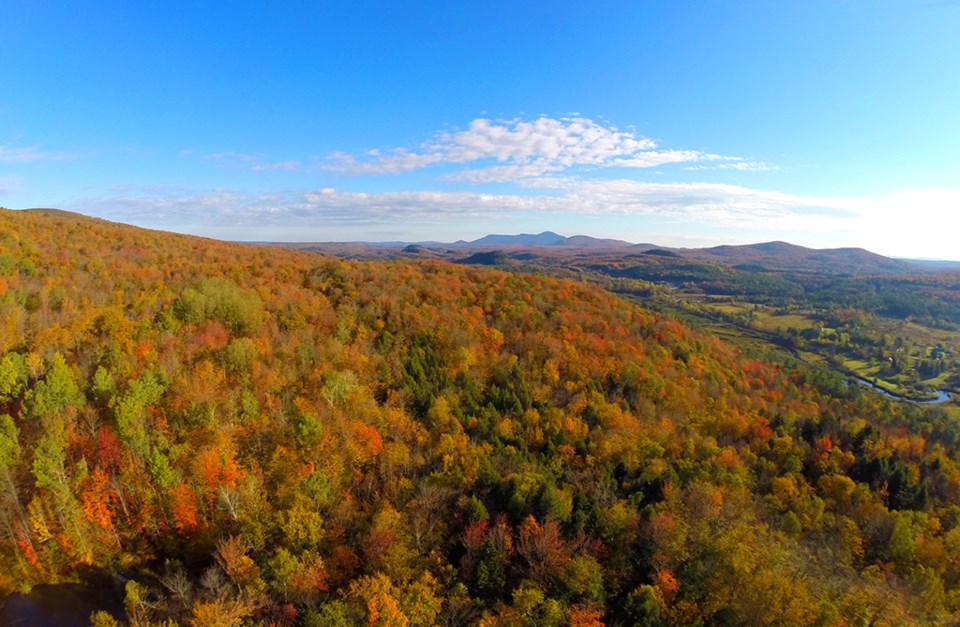SASKATOON — As an environmentalist and Indigenous knowledge keeper in Cumberland House, Sask., Gary Carriere has seen first-hand how disruptions to the natural ecosystem can have serious implications on the health of environments as well as human health.
Carriere, who has been working to assuage the stresses on the Saskatchewan River Delta, is also a four-time cancer survivor. For him, overcoming lymphoma has not been as simple as making a quick commute to a local family doctor.
“I have a CT scan in Prince Albert and biopsy in Saskatoon — three appointments I have to go next week,” said Carriere, who is cancer-free but living with the side effects of treatment.
While he has health coverage, the time and personal adjustments he makes so that the available options can work for him are not exactly matched by support resources.
“I pay a lot of it myself,” he said.
Such conundrums have not been uncommon for patients across Saskatchewan. Health-care workers in the province have been rallying around various concerns in public health care this week.
Nurses in Prince Albert raised their concerns about surgeries being halted in Prince Albert due to a shortage of staff and available beds. In Saskatoon, health-care workers gathered outside St. Paul’s Hospital to call for increased staffing. Paramedics have called for reforms to a dated Ambulance Act.
In Regina, radiological technologists were frustrated with staff shortages and unfilled vacancies, leading to reduced diagnostic services. As a result, patients have had to travel out of province to find the care they need.
The number of mammograms performed annually in Saskatchewan has been on a downward trend since before the pandemic. Last year, 10,000 fewer mammograms were performed in the province compared to 2017, according to Saskatchewan Cancer Agency.
After his lymphoma diagnosis in 2018, doctors suggested Carriere fight the cancer with a personalized medicine called CAR T-cell therapy. But it was a solution Saskatchewan couldn’t support, prompting him to travel to Montreal for treatment.
At present, 1,544 Saskatchewan residents have waited more than 90 days to receive a CT scan. Patients have also been reported as having to go out of province, some to Calgary, to get mammograms and urgent testing.
NDP Opposition Leader Carla Beck expressed concerns about the Sask. Party government’s failure to expand mammogram services. Patients have had to be sent out of province for the basic procedure.
“This government should be doing everything it can to help women at risk of breast cancer, but I’m shocked it’s come to this,” Beck said.
“I don’t think it’s ever been harder to get a mammogram in Saskatchewan before. It’s absurd. The longer Scott Moe is in power, the further women will have to travel for basic breast cancer screenings.”
The lag in services in Saskatchewan looms, in contrast with expanded screenings for breast cancer and a lowered minimum age for self-referred screenings in Ontario.
Access to local and efficient testing allows cancers and other ailments to be detected early and fatal outcomes avoided.
“For over a decade, we have been sounding the alarm on behalf of our members that provide a vital service in the continuum of care,” said Bashir Jalloh, President of CUPE local 5430.
“The government sat on their hands instead of addressing the issue. Now, as wait lists grow, we’re at risk of more disruptions of services and communities on bypass for critical care at a time when waits are as long as ever.”
Carriere said these anomalies in health care are not unlike the alarm bells he and communities along the Saskatchewan River Delta have been sounding on climate change.
From the farm chemicals that enter and contaminate natural water systems to drastic changes in weather patterns, harm to the environment affects human health, he said.
“Without good air, good water and good soil, not one of us will survive. I don’t care what race you are. It affects everybody. It’s not all about money; we need to make sure we have a healthy environment.”
Kimiya Shokoohi is the Local Journalism Initiative reporter for the Saskatoon StarPhoenix. The LJI program is federally funded by the Government of Canada.
SASKTODAY.ca is Saskatchewan's home page. Bookmark us at this link.




